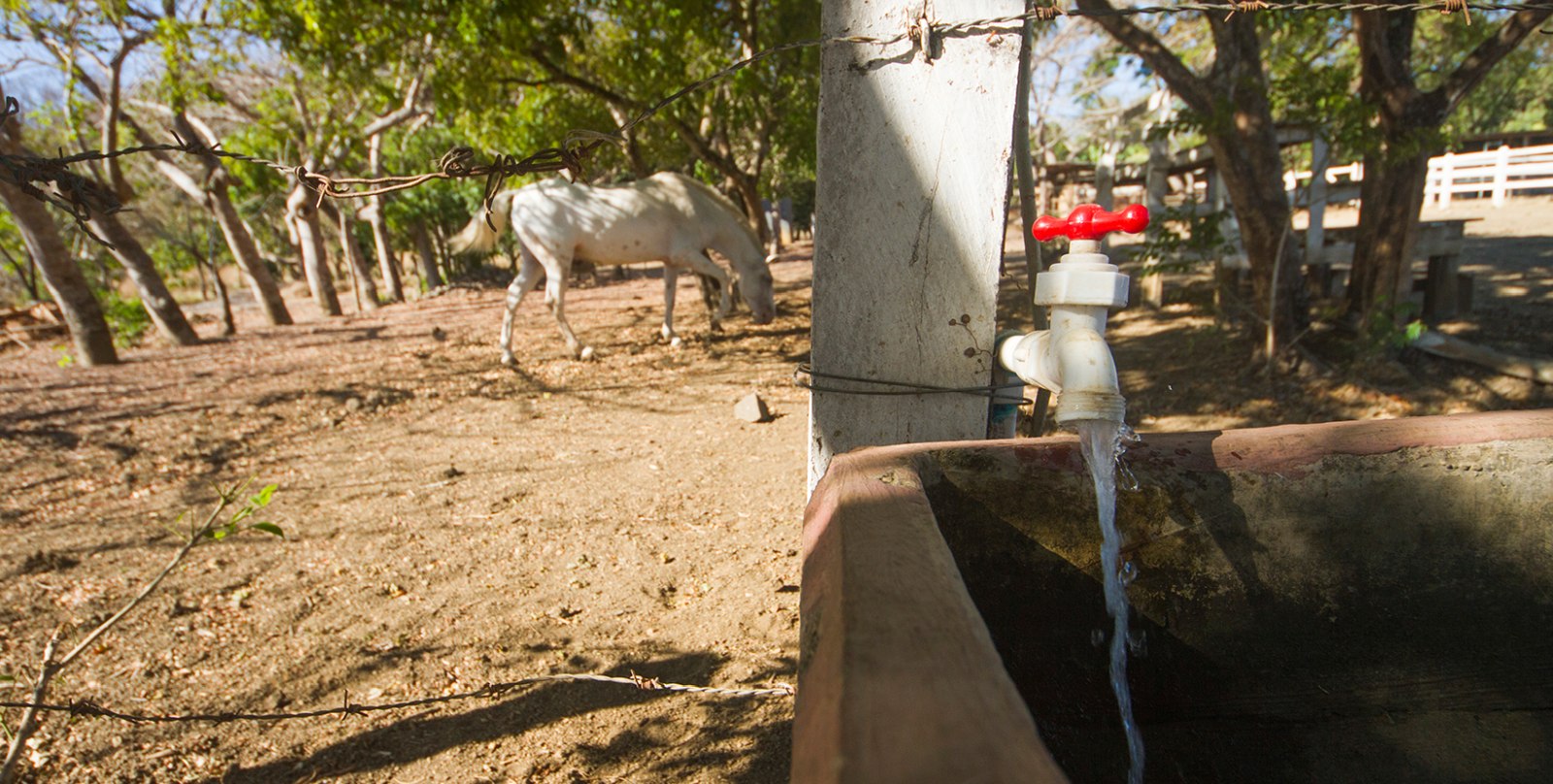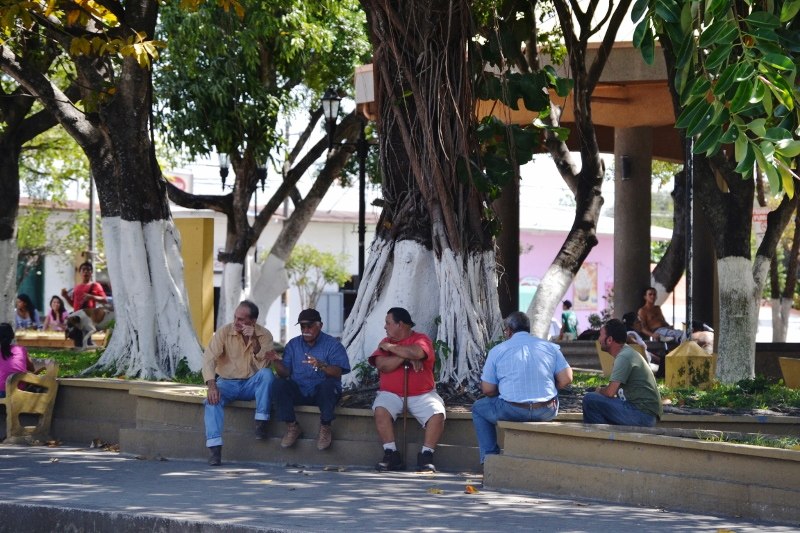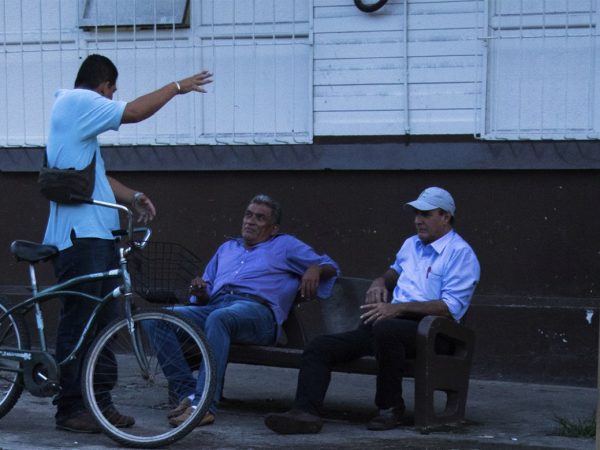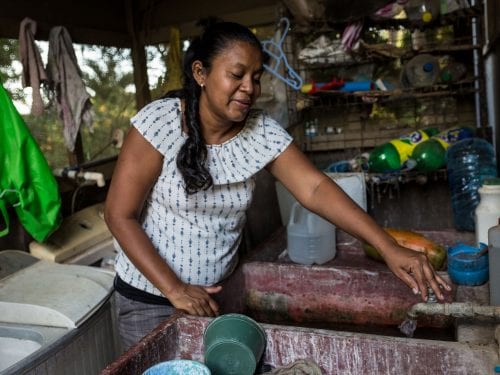
The Costa Rican Institute of Aqueducts and Sewers (AyA – Instituto Costarricense de Acueductos y Alcantarillados) has announced that it is in the process of installing a special filter to remove or further reduce the presence of arsenic in the water supplied to downtown Bagaces.
In an extensive interview with The Voice of Guanacaste, Carlos Vargas, Director of Research and Development for AyA, indicated that on April 8 the Municipality of Bagaces was informed that the organization is working on the installation of a filter to “further reduce the concentration [of arsenic].”
According to tests done by the San Martin Analysis Laboratory and publicized by the Voice of the People of Bagaces Association last March, the arsenic content in the water system that supplies downtown Bagaces was above the maximum allowable amount.
Results from the analysis showed up to 13 micrograms of arsenic per liter of water. The maximum value, according to the current Regulations on Potable Water Quality of the World Health Organization (WHO), is 10 micrograms per liter.
However, in a document dated April 1, AyA had re-confirmed that the water in the canton of Bagaces met national potable water standards for arsenic levels, as well as those established by WHO. The document included the sentence, “What the Voice of the People is spreading is not true.”
AyA states that to generate data for an aqueduct system, values are calculated using the average of at least four analyses taken in a year.
The entity says that between March of 2012 and March of 2014, AyA completed 35 tests of the Bagaces aqueduct and that the water quality certification from March 31 of this year showed an average of 9.6 micrograms of arsenic per liter of water for that period.
However, Natalia Salazar, a member of the Voice of the People of Bagaces Association, insists that, “This isn’t a matter of whim.”
“If you go to the fiestas in Palmares, and coliforms are found in a vendor’s food, that vendor is immediately closed. Why do they have to use averages in this case?”
In response to the question, Vargas said that, “This involves a substance that moves through geological formations,” adding, “So the quantity of the substance will fluctuate underground, which is why it’s typical to find deviations in the values.”
In addition, the official mentioned that the problematic wells in downtown Bagaces were removed, including one located at Puente Quemado. The well at the bull ring has also been closed.
“We opted to use springs and in the springs the average of the values in the last 60 tests is less than 10 micrograms per liter,” said Vargas.







Comments